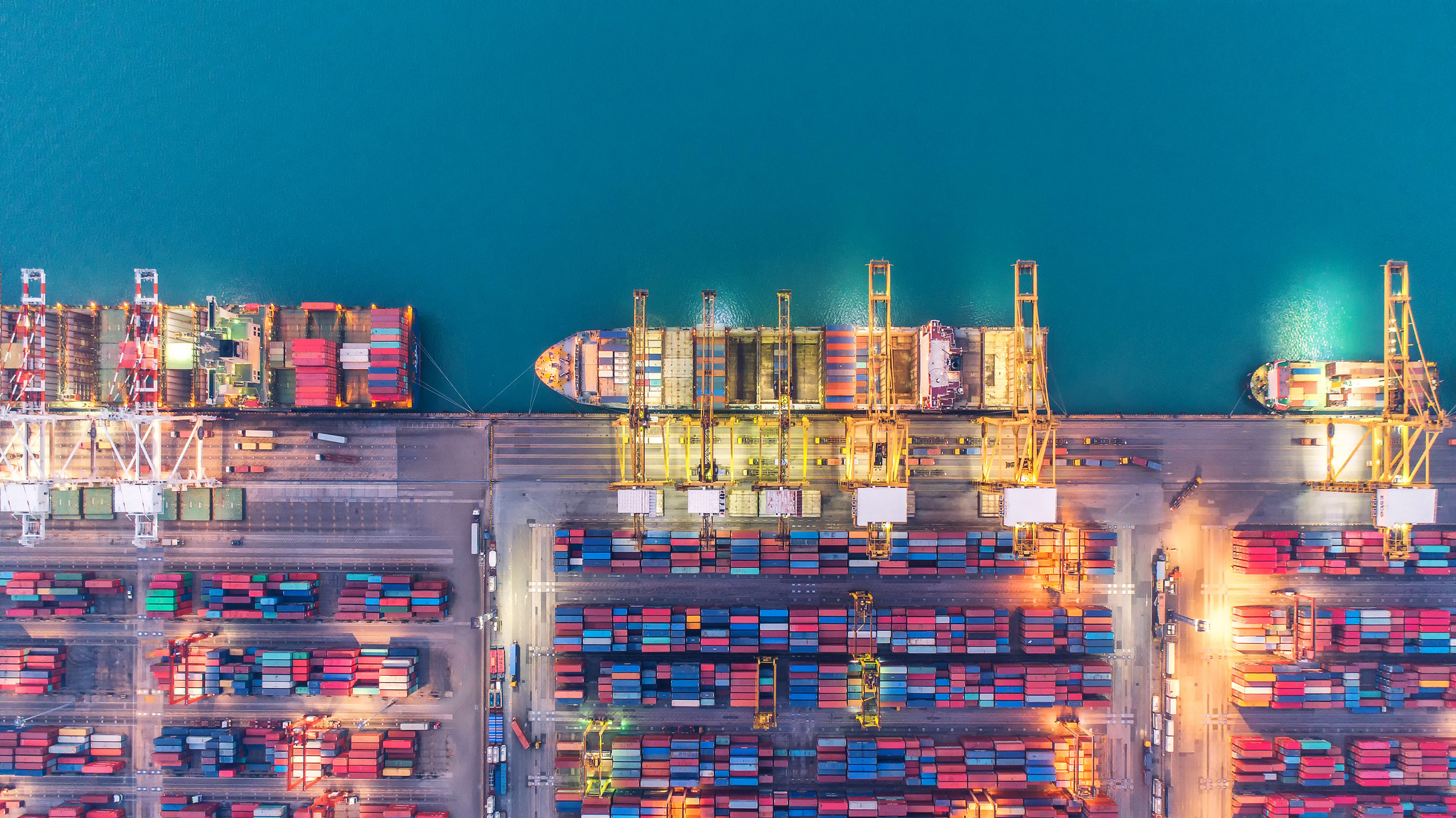Operational benefits of freeports in England

Image courtesy DLA Piper
One of the cornerstone announcements in last month’s Spring Budget was the location of eight new freeports in England. In the words of Chancellor Rishi Sunak, the freeports are intended to “reinforce [the UK’s] position as an outward looking trading nation, open to the world”.
The Government has three ambitions for the new freeports: to act as national hubs for global trade and investment across the UK; to promote regeneration and job creation as part of the Government’s commitment to “levelling up”; and to provide hotbeds for innovation.
What are freeports?
Freeports are areas physically within a country’s geographical borders but outside of that country’s customs borders. Freeports and freezones are used globally, with around 3,500 freeports employing an estimated 66 million people across the world. Some of the most notable freeport locations include the United Arab Emirates, Singapore, the United States, China and Hong Kong.
Freeports can provide a range of customs-related flexibilities, including relief from import duties and import taxes and reduced customs formalities. Alongside these advantages, many freeports also offer wider tax incentives for facilitating investment opportunities within the surrounding geographical area of the freeport and more favourable regulatory regimes for foreign direct investment.
How will the policy work?
Following a competitive process held last year, the selected locations of new freeports are East Midlands Airport, Felixstowe & Harwich, Humber, Liverpool City Region, Plymouth and South Devon, Solent, Teesside and Thames. The freeports are expected to be operational from late 2021. Discussions are also being held between the UK Government and the devolved administrations to establish further freeports in Wales, Scotland and Northern Ireland.
Each freeport will consist of a primary customs site designated in or near a seaport, airport or rail port within which the tariff and customs benefits will apply. Freeport subzones may also be established to enable multiple sites to benefit from the relevant advantages. Additionally, each freeport will include a zone within which relevant tax reliefs will apply.
What are the potential benefits?
Critics of the freeports policy suggest that their economic effect is likely to be limited. While purported to create new jobs and facilitate wider economic benefit, studies suggest that in the aggregate they are likely to move business from other parts of the country into the freeport area without increasing the overall size of the economy.
However, while the extent to which freeports increase economic activity and create jobs is subject to debate, there are clearly benefits to businesses who establish operations in one of the new freeports. These include:
- Tariff Benefits: The established freeports will allow for duty inversion; where duty on a finished product is lower than that of the imported raw materials, a business could benefit by importing raw materials duty free, processing the final product in the freeport area, and then paying the duty at the rate of the finished product when it enters the UK’s domestic market. Additionally where goods are transferred to a designated manufacturing area within or close to the freeport they can then be re-exported to the rest of the world without ever having to pay the relevant tariff.
- Simplified Customs Procedures: Businesses operating in freeports will be authorised to use simplified import procedures and undertake fewer customs checks when goods are not transferred from the freeport into the UK’s domestic market.
- Tax Reliefs: Companies operating in the freeports will benefit from a range of significant business tax reliefs designed to encourage capital investment and innovation. These include Stamp Duty Land Tax relief, an enhanced capital allowance of 100% for investment into plant and machinery to be used within the freeport, enhanced structures and building allowance, business rate relief and relief from employer National Insurance Contributions.
What are the potential risks?
As much as there are recognised benefits of freeports for participating businesses, these benefits could also be responsible for introducing additional risk factors that businesses dealing with these freeports, and any financial institutions funding such activity, need to be aware of:
- Counterfeit Trade: A 2018 study by the Organisation for Economic Co-operation and Development revealed that establishing an additional freeport was associated with a 5.9% average increase in the value of counterfeit exports in a local economy. This is facilitated by inadequate supervision and record keeping in the freeports.
- Money Laundering: Trade-based money laundering can occur where criminals use international trade as the matrix through which to transfer criminal funds. For example, by misrepresenting the price of goods or importing/exporting goods which can then be sold, criminals can transfer value across borders “through the back-door”. This is especially prevalent in freeports which deal with cash transactions and where businesses do not have proper anti-money laundering or counter terrorist financing procedures in place.
- Tax Evasion: Where there is little regulation controlling the amount of time goods can be stored in the freeport, there is a risk of tax evasion. Freeports have the potential to be used as a secure tax-free long-term storage facility for works of art, they can then be bought or sold without paying indirect or capital gains tax. Many freeports have come under fire for not requiring sufficient information about beneficial ownership.
- Customs Duties Evasion: Where physical security is inadequate, the World Customs Organisation has reported that imported goods are “frequently” reported missing and it is suspected that they are moved outside of the freeport to be sold.
Given these concerns, businesses considering operating in, through and with the UK’s new freeports – and those financial institutions financing such activity - should ensure that they have adequate systems and controls in place. In particular:
- Anti-Money Laundering (AML) and Counter-Terrorist Financing (CTF) programmes;
- Appropriate counterparty due diligence; and
- Transactional monitoring.
Next Steps
Each of the eight successful freeports will now be required to prepare business cases and implementation plans. That process is expected to take approximately six months. As part of this process, freeport governing bodies will be working with the Government, Border Force, HMRC and the National Crime Agency {NCA), to develop governance procedures that protect against the risk of freeports being used to host money laundering, smuggling or other illegal activities. This period provides interested businesses with the opportunity to consider the potential benefits of the eight freeports to their operations.
Authors: John Forrest, Head of International Trade, Paul Hardy, Brexit Director, UK Head of Government Affairs, Patrick Rappo, Partner, Daniel Jones, Senior Associate and Lizzy Bullock, Associate, at DLA Piper, London.











